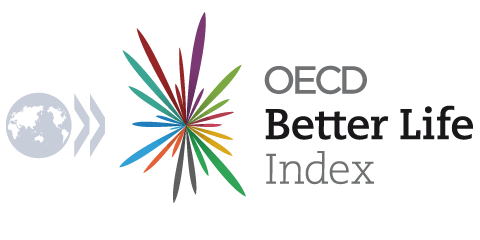The European Experience in the Great Recession
By Julia Laplane, OECD
They were doing it in Egypt 3,000 years ago on papyrus to count people, cattle and corn, while 16th century Incas did it by tying knots in lengths of string -- Inca Khipu and the Roman Empire used them to check its stock of adult males fit for military service -- public surveys can be traced back to our first accounts of civilization.
Public surveys and censuses have since been modernised and generally serve a more peaceful purpose. From purely numeric information, these surveys have evolved to encompass trends, attitudes and public perceptions. For instance, how has the economic crisis affected people in Europe, not only with regard to employment status, working hours or training opportunities but also their perception of their own situation, moral and social values or satisfaction with democracy?
This is the object of the European Social Survey (ESS), established in 2001, which aims to measure long-term changes in “Europe’s social, political and moral climate.” It is based on 250 000 face to face interviews and questionnaires across 30 countries on topics as varied as: moral and social values, attitudes to welfare, social exclusion or crime and personal security.
By comparing 2004 results with answers given in 2010 we can already start to measure the impact of the economic recession on Europe. Did you know that despite the crisis and recession, global levels of social trust have hardly changed between 2004 and 2010? In fact some areas have even seen an increase in levels of social trust. Other positive evolutions include an increased satisfaction with health services in all European areas and an increase in tolerance towards homosexuality.
Not everything has improved however. Unsurprisingly, work intensity (generally defined as heavy workload under short deadlines) has gone up in all European regions, as a result of the economic crisis. But it is only when high intensity of work is associated with low control over one’s working environment (lack of participation in decision making for instance) that there is a strong risk of psychological damage. The chances of receiving training in 2010 were 20% lower than in 2004 but training remains as evenly distributed as before, and in some countries, training opportunities have become more evenly distributed.
Trust in the political system and satisfaction with democracy, on the other hand, offer a mixed picture across Europe, but it seems as if governments in the euro area have been particularly hard hit in terms of legitimacy. Unemployment has long lasting effects on both trust and satisfaction with democracy and high levels of distrust and dissatisfaction were recorded in Greece.
These results were presented by a team of researchers associated with the European Social Survey in an OECD seminar on “The Economic Crisis, the Quality of Work and Well-Being – The European Experience in the Great Recession” organised by the Statistics Directorate as part of its work on measuring performance ‘beyond GDP’.
Measuring performance “beyond GDP” is also one of the main targets of the Better Life Index, along with comparability. The Inca Khipu reminds us of the importance of universally decipherable information as several centuries later, no one has yet managed to crack the code behind the knots and colours.


Comentários